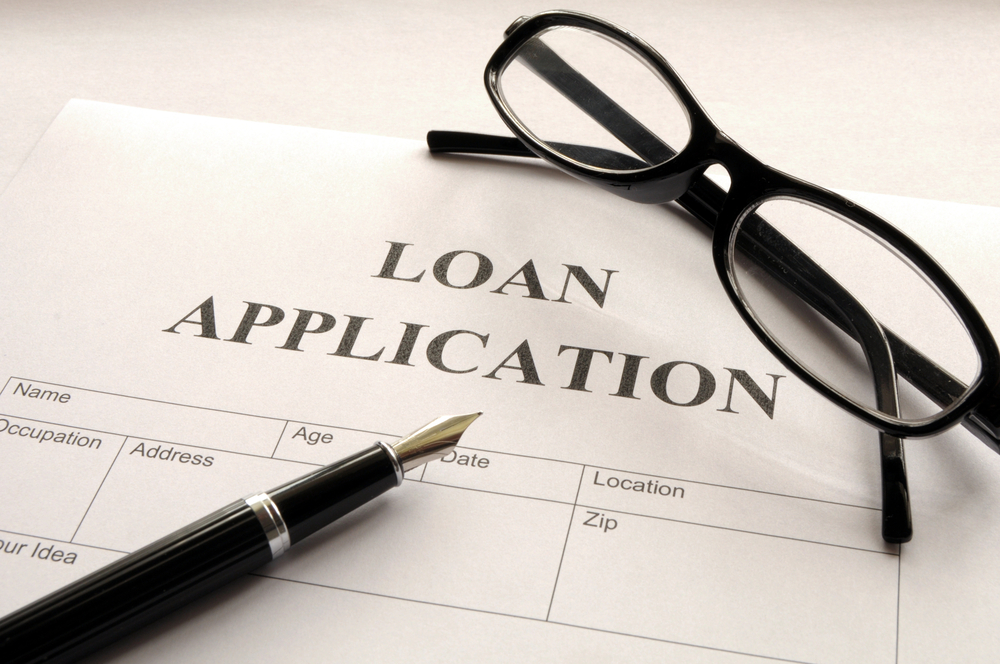07/15/2024: How Does Your Credit Score Affect Your Eligibility for a Mortgage Loan?
The reality of the modern world is that your credit score is one of the biggest factors in your ability to get mortgage loans for a potential new home in Homer, IL (or anywhere). This three-digit number reflects your creditworthiness and is more than just a number: to a lender, it represents your financial reliability and ability to manage debt responsibly.
How Does Your Credit Score Affect Your Eligibility for Mortgage Loans in Homer, IL?
When you file a mortgage application, lenders review your credit score to evaluate the risk of lending you money. A high credit score signals to lenders that you are likely to repay the loan on time, and that makes you a desirable candidate for a loan. Conversely, a low credit score suggests there’s a bigger risk you might default on the loan, leaving the lender holding the bag. Thus a lower score makes loan denial or less favorable loan terms more likely.
Lenders typically have minimum credit score requirements that vary depending on the type of mortgage and on other factors about you. In general, though, you’ll need a score of 620 or better to be eligible for just about any traditional mortgage loan.
Understanding Credit Scores
Credit scores are calculated based on your payment history, the amounts you owe (and that amount compared to your income), the length of your credit history, any new credit you’ve added, and the types of credit you use. The most commonly used credit-scoring models are FICO and VantageScore, which range from 300 to 850. Payment history, which accounts for 35% of a FICO score and 40% of a VantageScore rating, is the most significant factor. Whether you pay on time is the #1 predictor of overall risk.
How It Affects Your Mortgage
Interest Rates and Loan Terms
Borrowers with high credit scores are likely to receive lower interest rates, which can result in significant savings over the life of the loan. For instance, a borrower with a credit score of 760 or higher might qualify for an interest rate that is 1% lower than that of a borrower with a score of 690. One percent might not seem like much, but that’s a difference that can translate into thousands of dollars in savings over a 30-year mortgage.
In addition to interest rates, lenders may offer better loan terms, such as lower down payment requirements or reduced private mortgage insurance (PMI) costs, to borrowers with excellent credit scores.
Improving Your Credit Score
If your credit score is lower than you need, there are steps you can take to improve it before applying for a mortgage. Start by obtaining copies of your credit reports from the three major credit bureaus – Equifax, Experian, and TransUnion – and check for errors. Correcting any inaccuracies may quickly boost your score.
Then, focus on paying down outstanding debt (highest interest debt first), making timely payments, and avoiding any new credit inquiries for a while. Reducing your credit card balances to below 30% of your credit limits can make a big difference to your score.
Your credit score makes a difference, but the best way to get a good mortgage is to work with a local lender who knows your area and provides personalized service: that’s what you get with us. Contact us at Prospect Bank in Paris, IL now and let’s get started on getting you into a new home.





